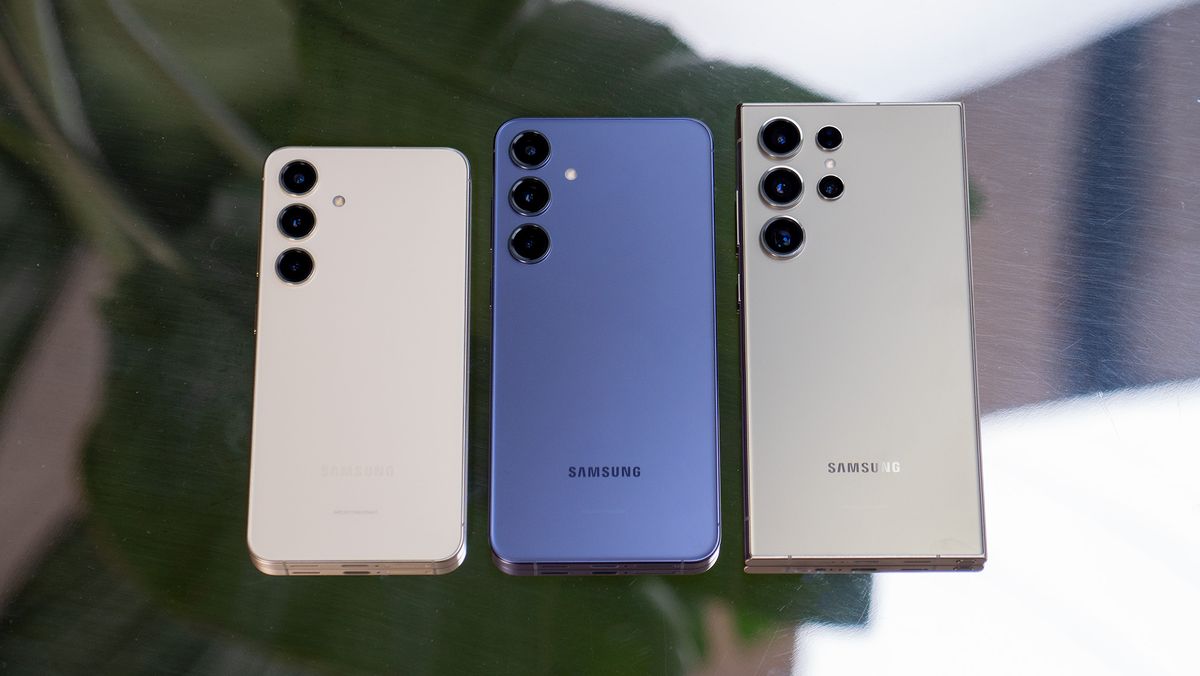Uruguay sells itself to investors as the Switzerland of Latin America. Many business people hail it as a beacon of sound government in a region beset by corruption and turmoil.
Indian mining tycoon Pramod Agarwal describes that reputation as “eyewash”. His decade-long attempt to develop a world-class iron ore mine in the South American beef-exporting nation collapsed in 2016 amid acrimony and he lost his entire investment of $365mn. A Paris appeal court is due to rule in October on whether a tribunal should hear his $3.5bn compensation claim.
“We would like Uruguay to realise that they have expropriated the asset,” Agarwal told the Financial Times over breakfast in a Mayfair club. “What they did was wrong . . . it’s against all international law.”
Uruguay has strongly rejected Agarwal’s claims, saying it was his own fault that his giant Valentines project did not proceed, that there was no expropriation and that he is not entitled to compensation. It stoutly defends the country’s pro-business reputation.
“The reality is that Uruguay is a country friendly to investment because of its tradition of a consolidated system of law and respect for rules, which is recognised nationally and internationally,” the Uruguayan embassy in London said.
The story of Agarwal’s battle with Uruguay, which he has not spoken about publicly before, is a rare attack on the country’s investment-friendly reputation. It also raises questions about whether a major mining project can succeed in a mainly agricultural country.
Developed by Aratirí, a subsidiary of Agarwal’s company Zamin Ferrous, Valentines was to be one of the world’s biggest high-grade iron ore mines and at $3bn it would have been the largest foreign investment ever in Uruguay. Traditionally a farming and tourism nation, Uruguay has recently built a reputation as a tech hub — Microsoft recently chose the country as a location for one of its artificial intelligence centres — but has little history in mining.
Agarwal hoped to change that when he opened talks in 2006. Reserves in the Valentines deposit were proven to be 2.5bn tonnes. Production was intended to start in 2015 with the ore pumped through an underground pipeline to a specially built port at a rate of 18mn tonnes a year, increasing to 36mn. At that capacity, it would have produced more than Anglo-American’s giant Minas-Rio mine in Brazil and generated billions of dollars in royalties over its 20 to 30 year lifespan.

Uruguay’s leftwing president at the time, José Mujica, welcomed the project enthusiastically, according to Agarwal. They met “maybe 15 times” as it took shape. “I used to go to Montevideo every month,” he recalled. Mujica “used to meet me, give me his famous bear hug and discuss the project . . . he used to get quite excited”.
A spokesperson for Mujica, 87, said the former president was not taking media requests at present because of the ill health of his wife, the former first lady Lucía Topolansky. The Uruguayan embassy in London said Agarwal’s account of Mujica’s actions “is an affirmation which does not correspond to reality”.
Uruguay’s mining ministry declined to comment on the Aratirí case. No further details were provided by the office of current president Luis Lacalle Pou, a pro-market politician inaugurated in 2020.

At the heart of the long-running dispute is Agarwal’s allegation that the government’s requirements for the Valentines project kept changing. He believes this was because of advisers who were more leftwing than the then president, a former guerrilla who adopted a modest lifestyle in office and earned an international reputation for humility.
Agarwal said the location of the port required to ship the huge quantities of ore presented a major complication. “Mujica himself told me: ‘You take this particular [site for a] port’,” he said. “We spent a fortune to do an environmental impact study and feasibility study.” Then, Agarwal claims, the government decided it wanted a bigger port that could handle other types of cargo and ordered him to develop it in a different place, requiring fresh studies.
A mining law passed in 2013, following an earlier move to increase fees and government royalties, was a major bone of contention. It required large projects to pay a yearly fee, a 25 per cent tax on corporate profits and another tax of up to 38 per cent on profits. It also toughened environmental standards.
“While this was a neutral law on its face, the only project at the time which qualified was the Zamin Valentines project,” said Agarwal’s lawyer Viren Mascarenhas. “This law imposed certain onerous conditions but also required that the government and the applicant execute a concession contract within a certain time. What the government did then . . . was they ran [down] the clock on the negotiations so that . . . they could walk away.”
He added that Agarwal could not finalise the negotiations because the Uruguayan government kept changing the port location, triggering a need for fresh studies on feasibility and environmental impact and making it impossible to meet the deadline. By 2015, Mascarenhas said the message from the government was: “We’re done with the process, you just didn’t get to the finish line, it’s your fault. That’s how they effectuated the expropriation.”
Once Aratirí’s negotiation period lapsed in November 2015, Uruguay proceeded to register Aratirí’s areas in the Vacancies Registry and to revoke the company’s mining titles, using provisions of the new mining law.
In 2016, Agarwal tried unsuccessfully to sell his mining rights. “Uruguay then made it impossible for Aratirí to nominate a successor, thus completing its destruction and takeover of Aratirí’s project,” said Enrique Molina, another of Agarwal’s lawyers.
Uruguay’s leadership had also changed. A new president, Tabaré Vázquez, took office in 2015 and Agarwal said that unlike Mujica, Vásquez had no interest in meeting the mining tycoon. Vásquez died of cancer months after leaving office in 2020.

Those in the Uruguayan capital who have followed the drama are divided about what it says about the ease of investing in the country, especially given the sheer scale of the project.
Marcelo Mercant Santa Cruz, president of the British-Uruguayan chamber of commerce in Montevideo, said the Aratirí project was “an exception” to a generally very favourable business environment in Uruguay.
“It was a complex project in an industry which has caused its share of controversy internationally,” he said. “What some business people see as slowness is in fact part of the guarantees of the rule of law in Uruguay.”
Liliana Buchtik, a risk consultant in Montevideo, noted that “mining is not a very developed industry in Uruguay”, adding: “Perhaps the previous government was too ambitious to think we could have a project of such scale. Mining is not a popular industry among Uruguayans generally.”
Diplomats in Montevideo, meanwhile, also had their doubts. “There was a certain amount of scepticism about the capacity of Uruguay to deliver a project of this scale,” one envoy recalled. “I don’t think either side fully understood the capacity of the other to do what was required.”
Despite Uruguay’s attempts to promote itself as a haven for investment, foreign money has not poured in over recent years. According to figures from its central bank, the total stock of foreign direct investment has declined from a peak of $33.4bn in 2014 to $29.6bn in 2020.
Agarwal had already experienced a legal dispute before, when Zamin litigated in London against ENRC over part of the payment for the $730mn sale of its stake in a Brazil project in 2010. That dispute ended with a settlement, but the arbitration claim he launched against Uruguay has proved to be more tortuous.
Agarwal filed his claim in 2017 under the investment protection treaty between the UK and Uruguay. The case rested on the fact that the company controlling the Uruguayan assets was held by a Cayman Islands trust in the name of Agarwal’s children, who are British nationals.
In 2020, the arbitration tribunal ruled that since the children’s interest in the trust did not in itself constitute an investment, they could not bring a compensation claim under the treaty.
The trust had shares in Zamin Ferrous, the parent company controlling the Uruguayan mining assets, but neither the parent nor the trust were UK-based.
“Although some may view this as a dismissal on a technicality, BITs [bilateral investment treaties] by their terms have limits on who falls under their umbrella,” said Sergio Galvis, who leads the Latin America practice at US law firm Sullivan & Cromwell. “This means investors seeking political risk protection through a BIT need to consider how their assets are held.”
Now, Agarwal is pinning his hopes on the Paris appeal court. If it rules that the arbitration tribunal erred in deciding it did not have jurisdiction to consider his claim, he will once again be able to fight for compensation.
The Indian tycoon, who is based in the UK, said he no longer held any mining assets and claimed he had been ruined by the actions of the Uruguayan government. He said he was forced to sell his Regent’s Park mansion for £26mn in 2016 following his South American misfortune.
“The investment was made,” said Agarwal. “The investment cannot just go ‘pouf’. Somebody has to take responsibility.”





















Discussion about this post